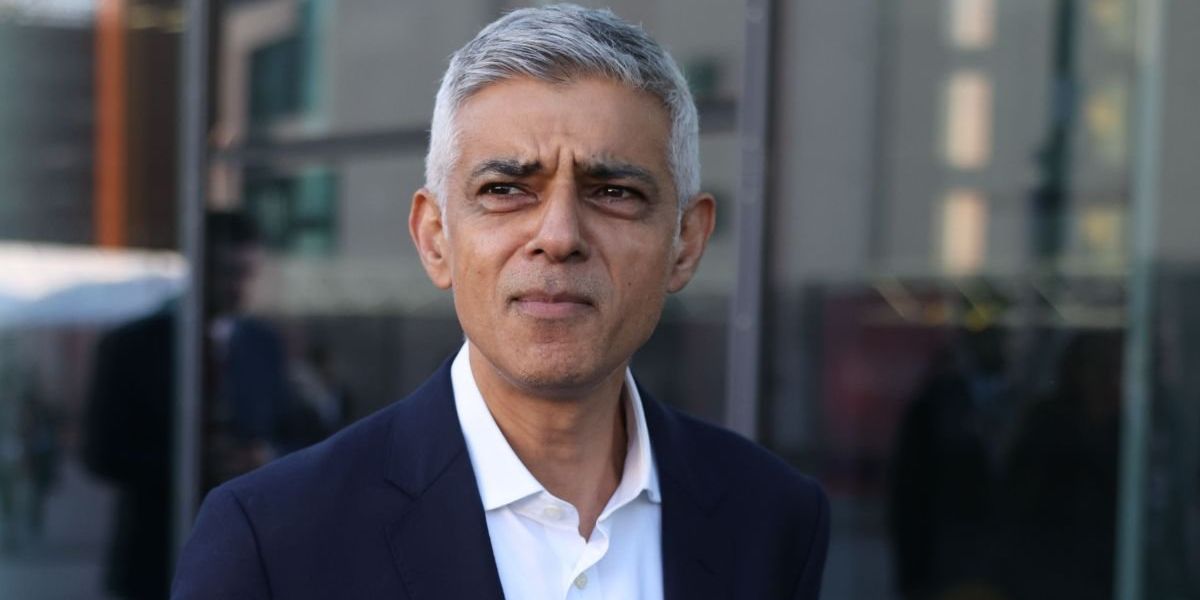President Tinubu Applauds British-Nigerians on Their Mayoral Inaugurations in London

In a remarkable demonstration of leadership and community service, two British-Nigerians, Opeyemi Bright and Jason Jackson, have been sworn in as mayors in London, marking a historic moment for the Nigerian diaspora. Their achievements have not only highlighted the contributions of Nigerians abroad but have also set new benchmarks for young leaders everywhere.
Opeyemi Bright, at the age of 29, has become the youngest-ever Civic Mayor of Barking and Dagenham, a testament to her dedication and hard work. Her journey in public service began at the age of 22 when she was elected as the borough's youngest Labour councillor. Similarly, Jason Jackson has made history as the first Nigerian-born Mayor of Islington since the borough's establishment in 1900. His rapid ascent from councillor to chair of the Homes and Communities Committee before becoming mayor showcases his commitment to public service.
President Bola Tinubu of Nigeria has extended his congratulations to both mayors, praising their achievements as a reflection of the excellence and integrity that Nigerians in the diaspora continue to embody. The President's message underscored the importance of their roles in inspiring young Nigerians both at home and abroad to pursue excellence and serve their communities with distinction.
The appointments of Bright and Jackson are a clear indication of the growing influence and positive impact of the Nigerian diaspora in global leadership roles. Their stories serve as a beacon of hope and inspiration, proving that with dedication and hard work, barriers can be broken and new heights can be achieved. As they embark on their new roles, the expectations are high, but so is the confidence in their abilities to lead and make a significant difference in their respective boroughs.




